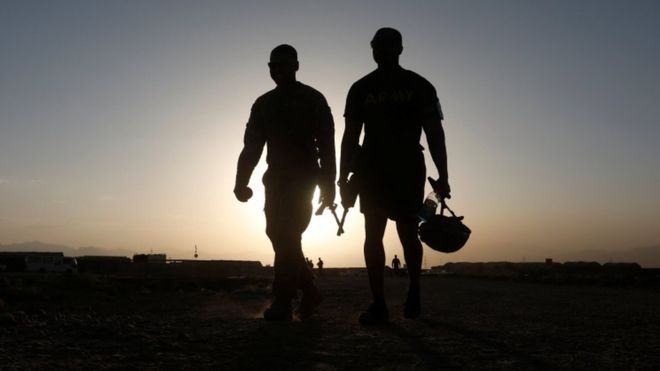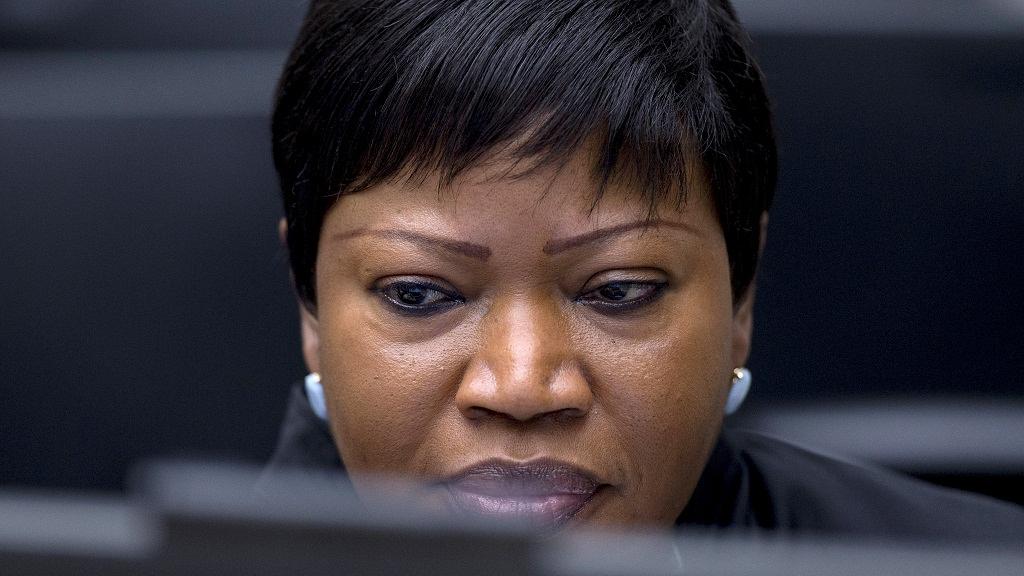Gambia’s Fatou Bensouda who currently serves as the prosecutor of the International Criminal Court (ICC), will not be allowed entry into the United States of America.
The U.S government has revoked Ms Bensouda’s visa. This is because her office has decided to investigate possible war crimes by American forces and their allies in Afghanistan.
Revoking Bensouda’s visa was a response from the U.S government to the ICC’s action.
The U.S has maintained that probing the actions of it’s troops in Afghanistan was an attack on its rule of law.
The US secretary of state, Mike Pompeo said the U.S government is “prepared to take additional steps, including economic sanctions if the ICC does not change its course”.
In a statement Bensouda’s office said she would continue to pursue her duties a prosecutor for the ICC “without fear or favour”.
“The prosecutor and her office will continue to undertake that statutory duty with utmost commitment and professionalism, without fear or favour,” the statement added.
How binding is the visa restriction?
Ms Bensouda as ICC prosecutor travels to the UN in New York for regular briefings. But the latest visa restriction won’t affect her trip to the UN.
The ICC confirmed that the US decision should not affect Bensouda’s trips to the UN in New York since the UN office is covered by a form of diplomatic immunity.
US secretary of state Mike Pompeo has warned that the US may move further to refuse or revoke visas to any ICC staff involved in such an investigation.
Pompeo said “If you’re responsible for the proposed ICC investigation of US personnel in connection with the situation in Afghanistan, you should not assume that you will still have or get a visa, or that you will be permitted to enter the United States.”

What is the probe focusing on?
The ICC prosecutor in 2017 requested from judges at the court to authorize an investigation into alleged war crimes in Afghanistan.
Those crimes were believed to have been committed by the Taliban, Afghan government forces and international forces, including US troops.
The court has carried out similar investigations in other countries where there are reports of war crimes.
The court hopes carrying out such probes will bring people responsible for genocide, crimes against humanity, and war crimes to justice.
Usually such probes and prosecutions take place when there are indications national authorities would not take action.
The ICC which was established by a UN treaty in 2002 has face a lot of criticisms in recent times despite it’s membership of 123 countries.
But countries like China, India, USA and Russia, have all refused to join.
Source: Africafeeds.com



